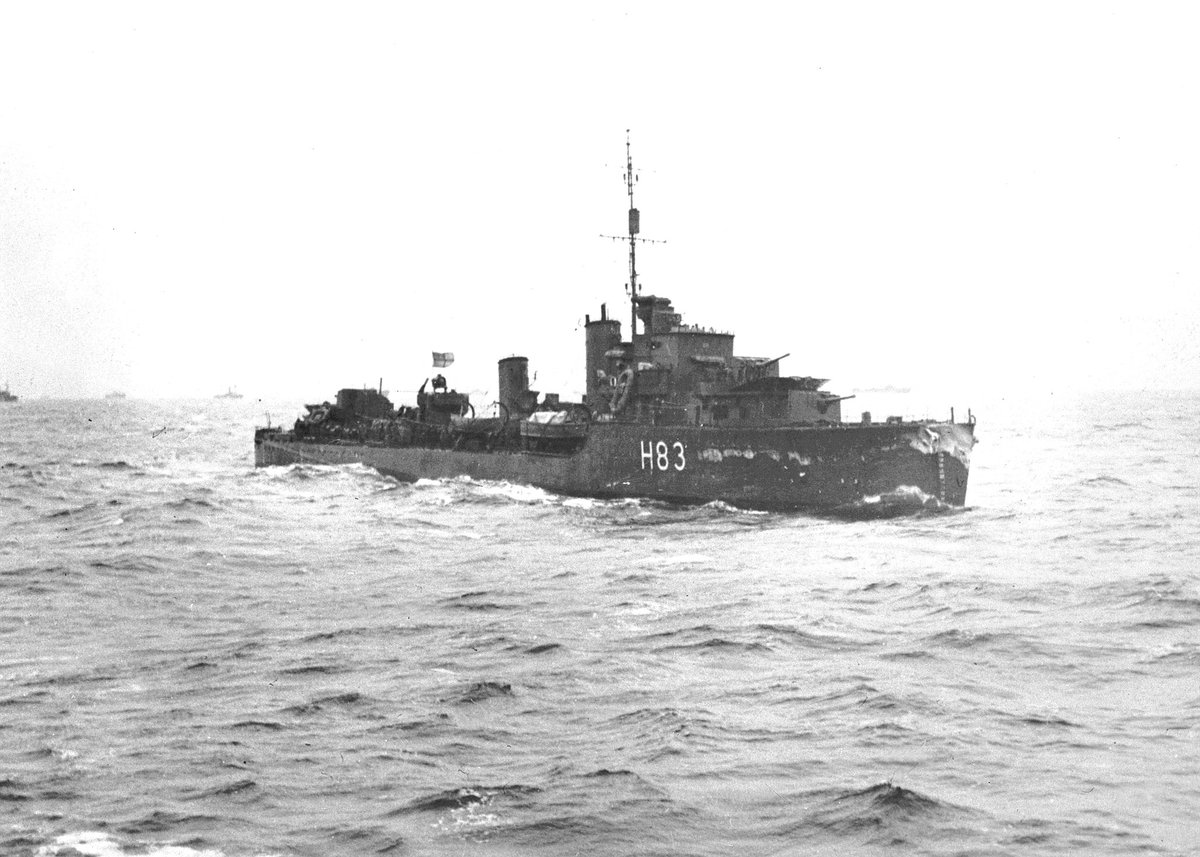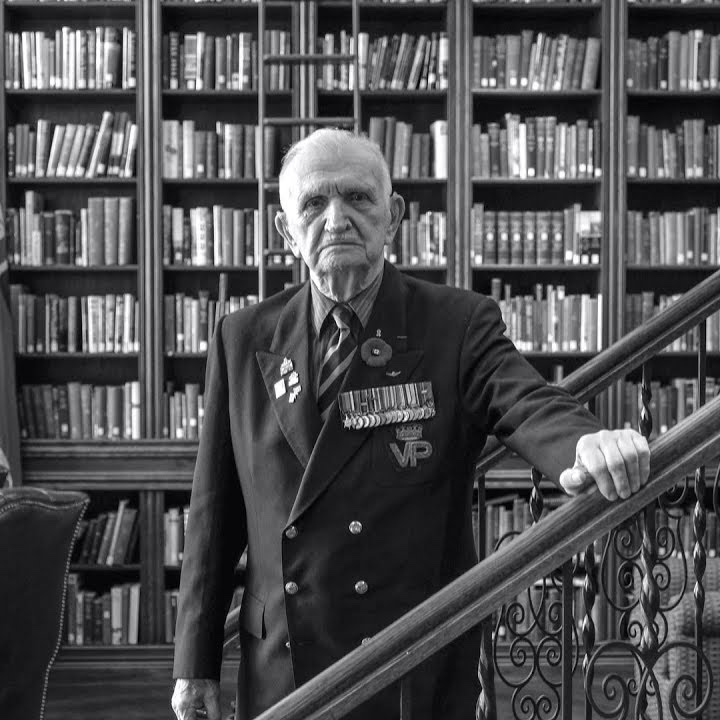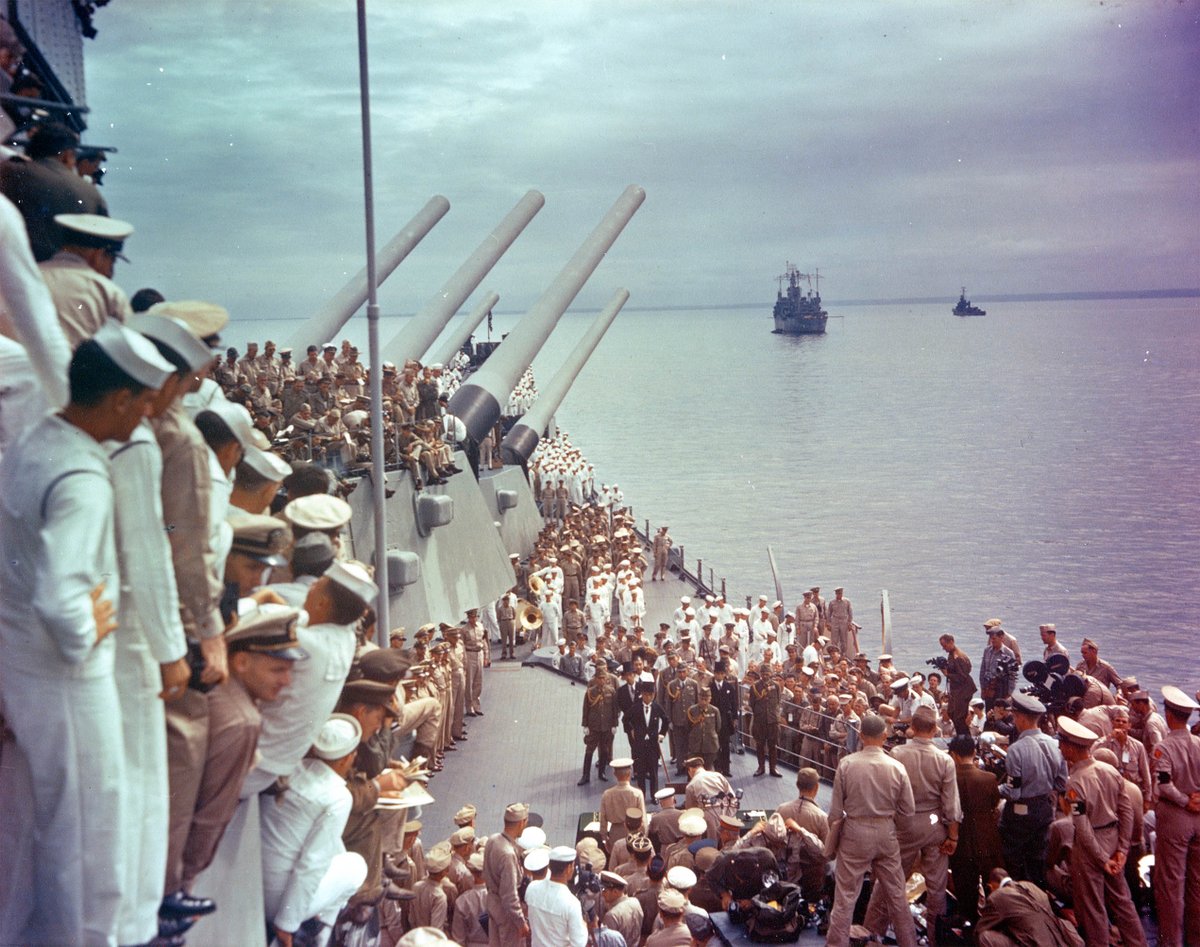
Ethel. He ended up in the Bronx because of Ethel.
https://twitter.com/k72ndst/status/1455980302136979466
He studied at the University of Toronto and practiced in New York City. He signed up with the Canadians in 1915.
After 15 months at No. 11 Canadian General Hospital in England, he was sent home in poor health. He tried to get back overseas, but his health rendered him unfit.
After 15 months at No. 11 Canadian General Hospital in England, he was sent home in poor health. He tried to get back overseas, but his health rendered him unfit.

Remember him leaving home for the war, returning home, trying to get back, never recovering.
Remember her without him.
We see you in New York City, Captain Guy Wallace.
Remember her without him.
We see you in New York City, Captain Guy Wallace.

• • •
Missing some Tweet in this thread? You can try to
force a refresh
















